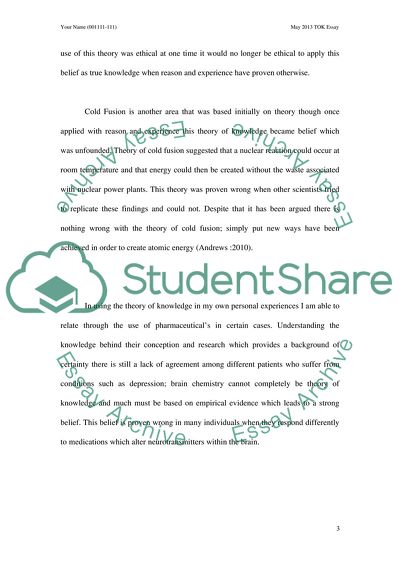Cite this document
(Ethical Responsibility of the Possession of Knowledge Essay, n.d.)
Ethical Responsibility of the Possession of Knowledge Essay. https://studentshare.org/social-science/1789454-the-possession-of-knowledge-carries-an-ethical-responsibility-evaluate-this-claim
Ethical Responsibility of the Possession of Knowledge Essay. https://studentshare.org/social-science/1789454-the-possession-of-knowledge-carries-an-ethical-responsibility-evaluate-this-claim
(Ethical Responsibility of the Possession of Knowledge Essay)
Ethical Responsibility of the Possession of Knowledge Essay. https://studentshare.org/social-science/1789454-the-possession-of-knowledge-carries-an-ethical-responsibility-evaluate-this-claim.
Ethical Responsibility of the Possession of Knowledge Essay. https://studentshare.org/social-science/1789454-the-possession-of-knowledge-carries-an-ethical-responsibility-evaluate-this-claim.
“Ethical Responsibility of the Possession of Knowledge Essay”. https://studentshare.org/social-science/1789454-the-possession-of-knowledge-carries-an-ethical-responsibility-evaluate-this-claim.


